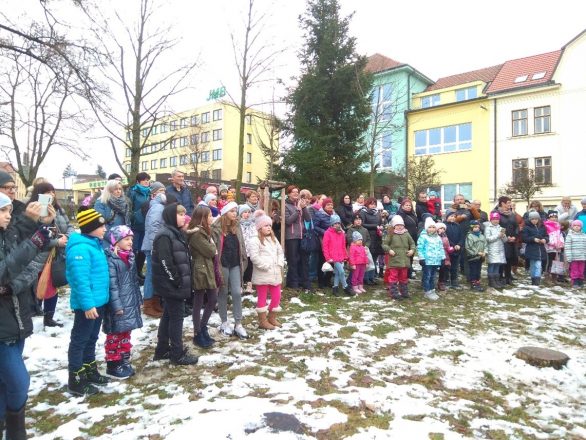
Students from T.G. Masaryka, Moravské Budějovice, Czech Republic have been working on project mission “New Park” as part of their PULCHRA project.
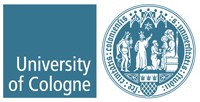
University of Cologne as one of the oldest and largest universities in Germany is among the country’s leading research institutions. As a traditional full university, UoC covers a broad spectrum of disciplines, organized in six faculties: a) management, economics and social sciences, b) law, c) medicine, d) arts and humanities, e) mathematics and natural sciences, as well as f) human sciences. We have developed internationally recognized research profiles. The Geography faculty has a particular strong research record, ranking consistently either first or second place in the research rankings of the Germany Research Foundation (DFG). A strong focus of the research in the Geography department is on man and environment interactions particularly also in the context of climate change and urban development. The department maintains a strong and active international research network particularly in the fields of remote sensing, environmental modelling, hydrology and urban geography.
Contact person: Dr. Tim Reichenau, tim.reichenau@uni-koeln.de

This project has received funding from the European Union’s Horizon 2020 research and innovation programme under grant agreement No 824466. This page reflects the views of the author and the European Union is not responsible for any use that may be made of the information it contains.

Students from T.G. Masaryka, Moravské Budějovice, Czech Republic have been working on project mission “New Park” as part of their PULCHRA project.
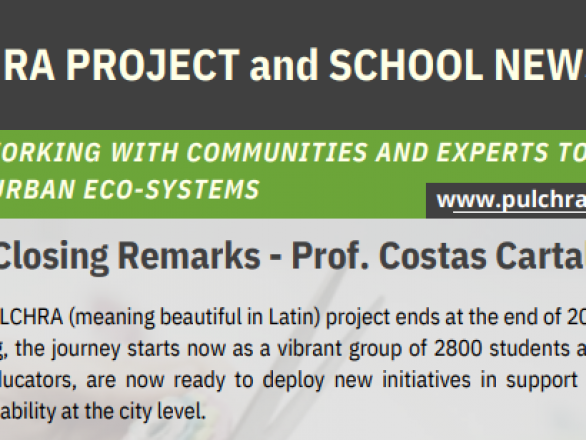
The latest and final edition of the PULCHRA Project and School News has now been published. Hear from Prof. Costas Cartalis as

The final issue of the PULCHRA School News is out. A huge thanks to all the PULCHRA City Science Reporters who contributed!

The international PULCHRA project is coming to an end. There were six topics for the pupils to choose from. The most common
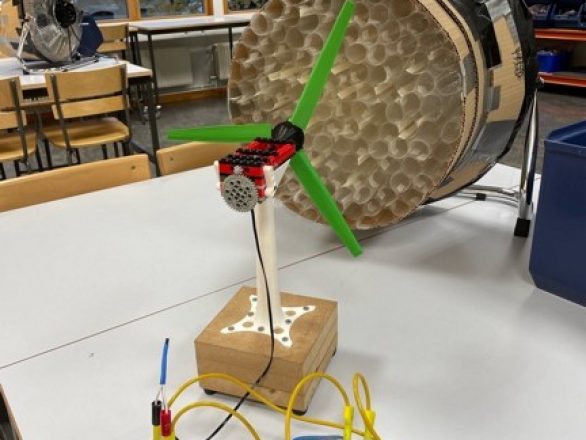
In the second year of the City Challenges in Sweden, more than 200 students from various schools in the Stockholm region had
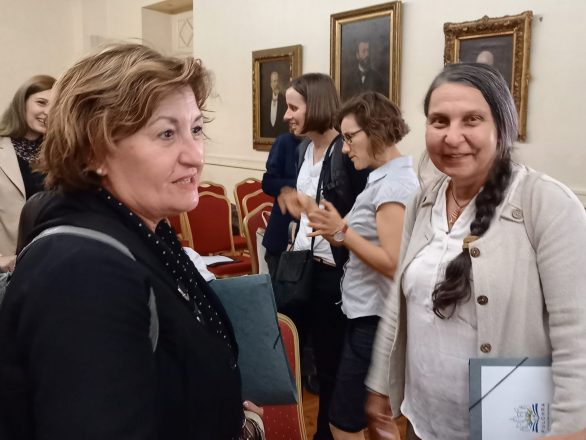
PULCHRA School Workshop (Cities and Climate Change, new challenges for education at the school level), Athens, November 7th, 2022 Maria Dimopoulou has